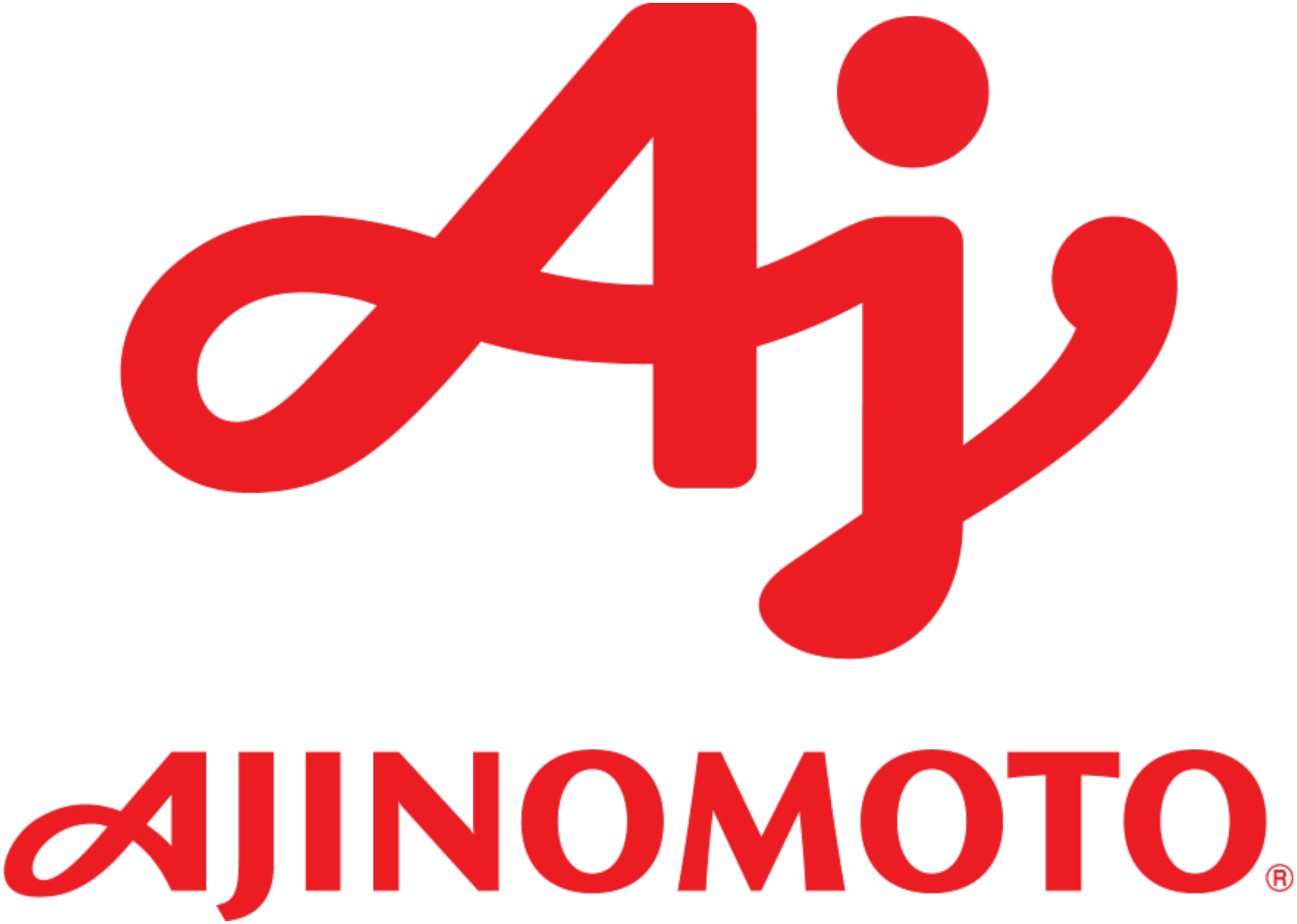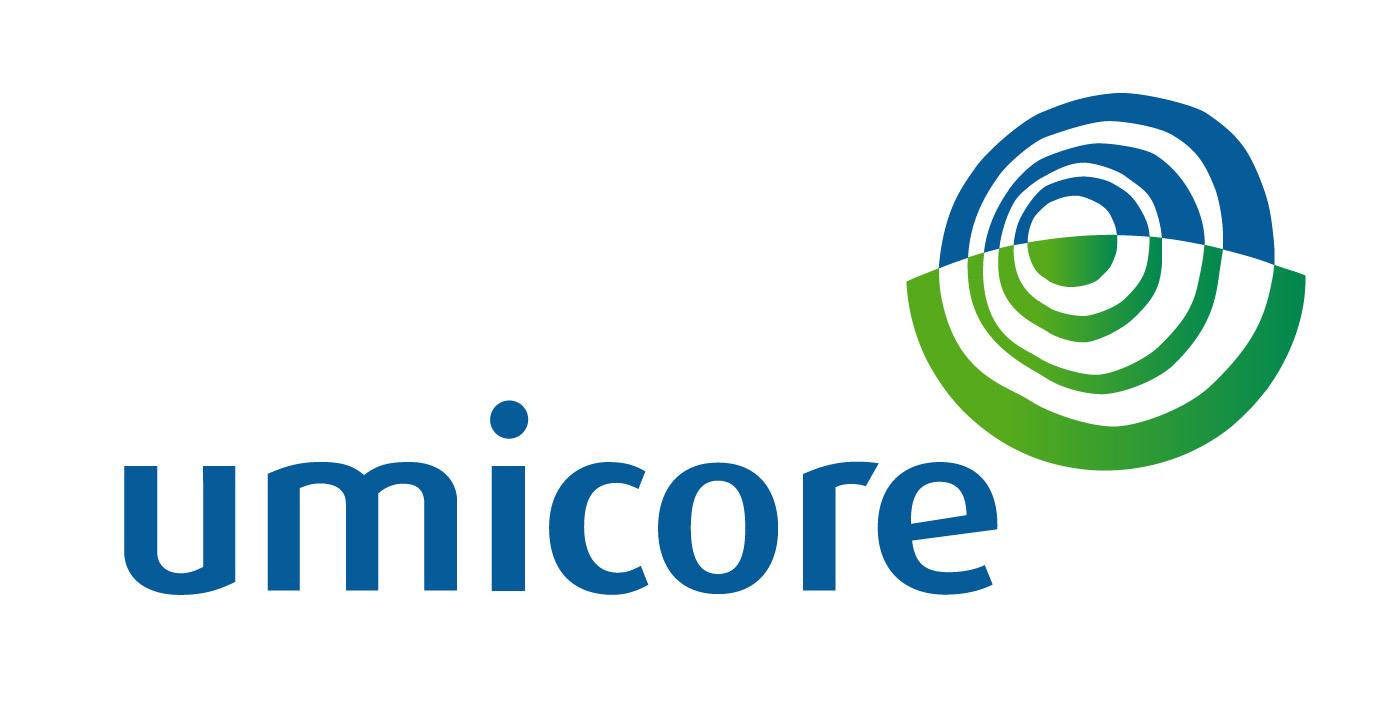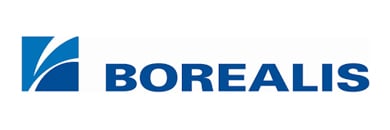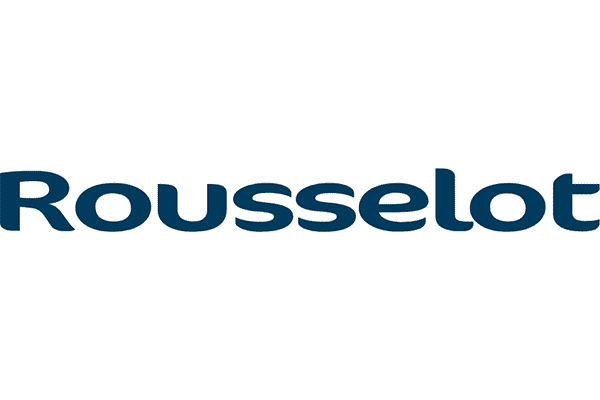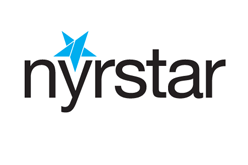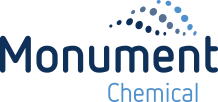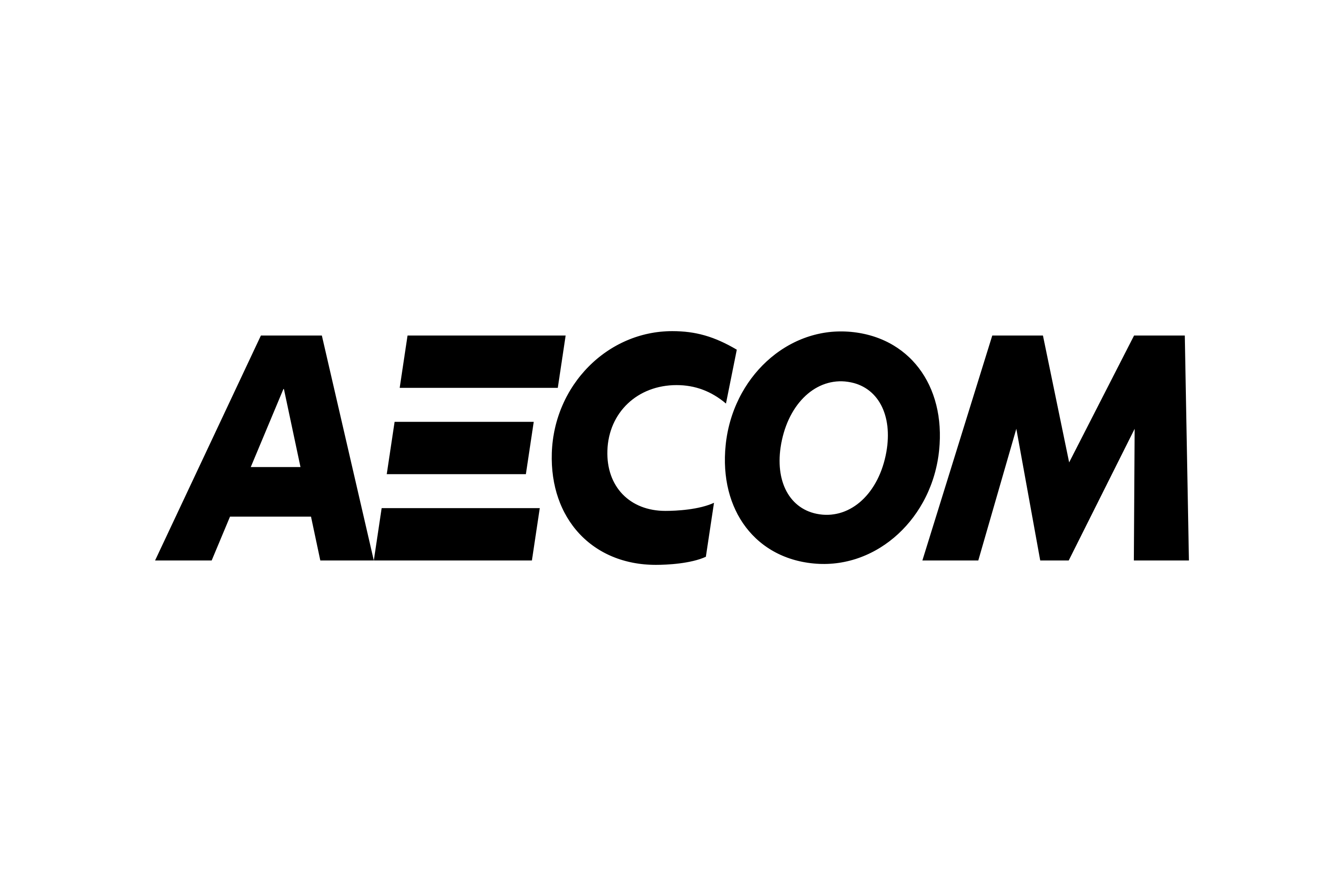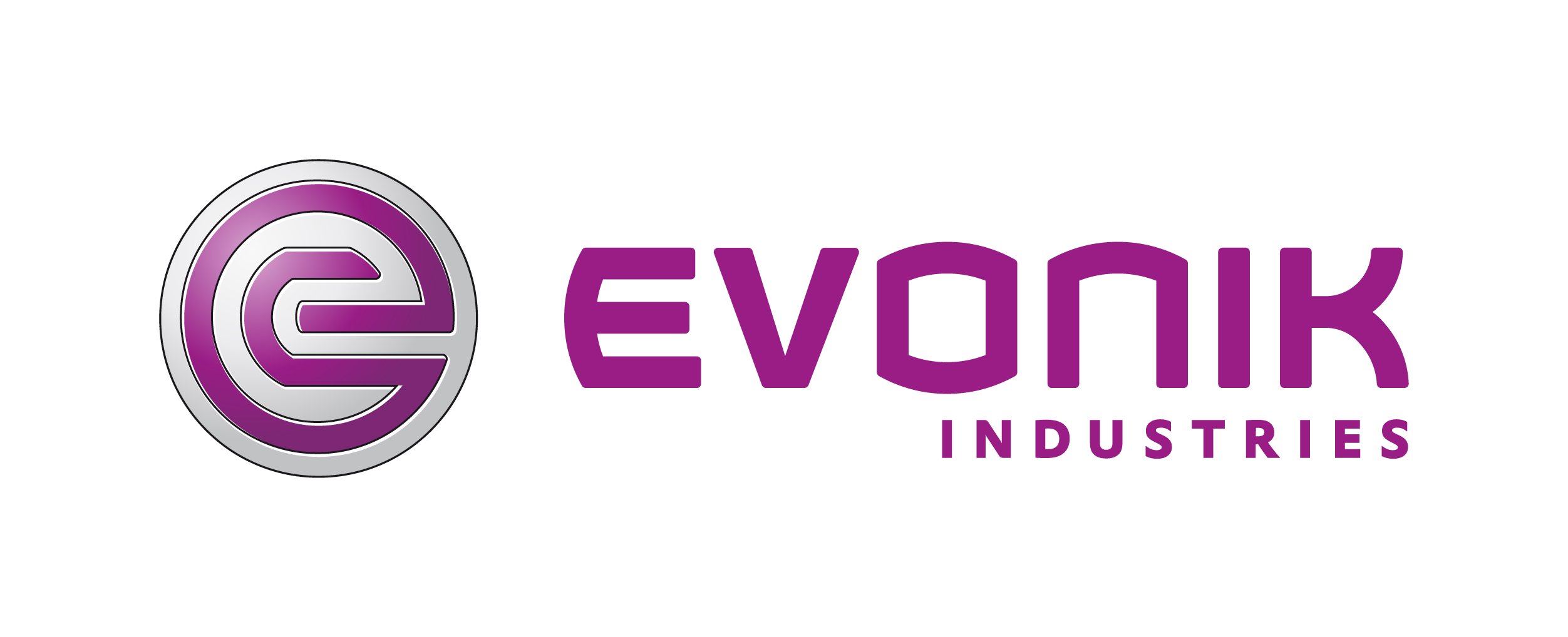Europe’s industrial strength depends on those it once overlooked
Inside Europe’s factories, energy facilities, and chemical plants, a quiet transformation is taking place. Not at the top of the organisation, but among the many hands and minds that support daily operations without formal recognition. These are the contractors, technicians, platform workers, and freelancers who have become essential to industrial performance, yet remain largely invisible to corporate systems.
They were once considered temporary, transactional, and interchangeable. That illusion has collapsed. Today, the margins of the workforce are shaping the core of industrial resilience, safety, and ethics.
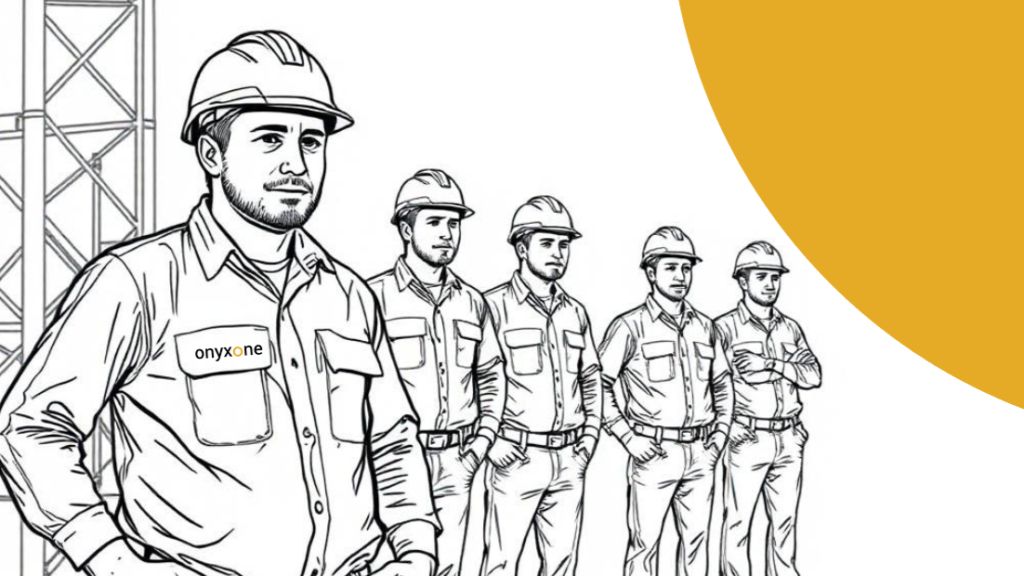
The law has redrawn the line of responsibility
New European regulations no longer tolerate the convenient fiction that only full-time staff fall under a company’s care. The Platform Work Directive reframes control as the defining feature of employment. If a business decides when, how, and where someone works, it must also accept responsibility for their conditions.
The Corporate Sustainability Reporting Directive reinforces this shift. It requires full visibility over all workers involved in the company’s operations, regardless of contract type. Sustainability reporting is no longer about carbon alone. It is about people and the conditions under which they contribute to value creation.

Operational risk is rooted in oversight gaps
When a contractor enters a high-risk zone without adequate training, the danger is not external. It is fully embedded in the company’s safety ecosystem. When a remote data worker is underpaid, undersupported, and left out of compliance structures, the risk is no less real. It simply travels through different channels.
European industry loses billions each year to errors, delays, and legal action tied to poor contractor management. But beyond financial losses, reputational harm can be lasting. In the age of digital exposure and stakeholder activism, accountability travels far and fast.
Visibility is not a burden, it is a foundation
The most future-ready organisations treat visibility as a strategic advantage. They seek to understand who is working on their sites, what qualifications they hold, and whether those individuals are supported with the right tools, knowledge, and safeguards. This is not about internalising every function. It is about taking ownership of the outcomes.
Knowing your extended workforce is not optional in a time of geopolitical uncertainty and fractured supply chains. It is a form of operational sovereignty. If you do not control your people pipeline, you cannot control your business continuity.
The rise of responsibility as a competitive strength
n many industrial sectors, leadership is no longer measured by efficiency alone. It is measured by how responsibly a company treats all those who contribute to its success. Across Europe, frontrunners are redesigning the relationship with their external workforce.
Some invest in portable training credentials that allow contractors to build long-term careers. Others embed third-party workers into safety systems and performance evaluations. These are not cost drivers. They are foundations for resilience, trust, and innovation.
What leadership now requires
Leadership in this context means seeing the full picture. It means recognising that the workforce is no longer confined to those on payroll. It stretches across sites, borders, and digital platforms. To lead means to protect and to include. It means designing systems where every individual, no matter how they enter the organisation, is prepared, respected, and valued.
This is not a call for sentiment. It is a call for strategy, for ethics, and foresight.
In short
For too long, invisibility provided a shield. As long as the work got done, few asked who was doing it or under what conditions. That era has ended.
The hidden workforce is no longer hidden. It is a defining part of Europe’s industrial future. Those who recognise this and act accordingly will lead with strength and stability. Those who do not will be left behind by a world that now demands clarity, fairness, and accountability.
Want to explore how this impacts your organisation in practice? Join our upcoming webinar and take the lead in shaping tomorrow’s industrial standards.
